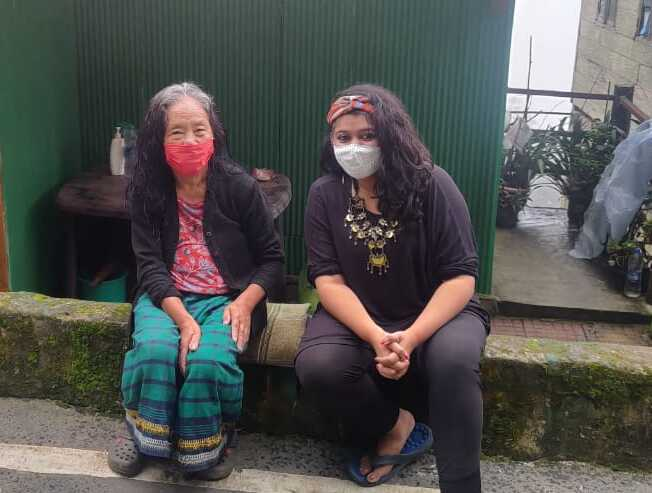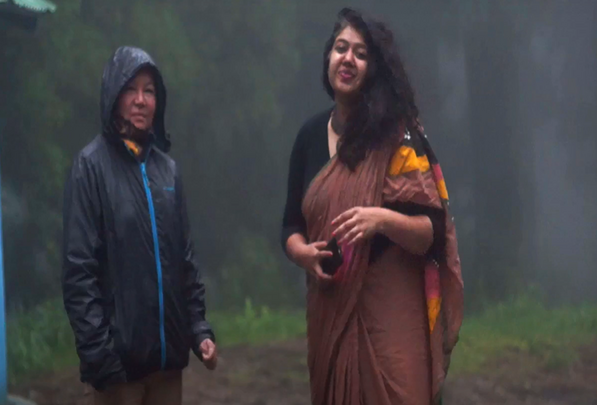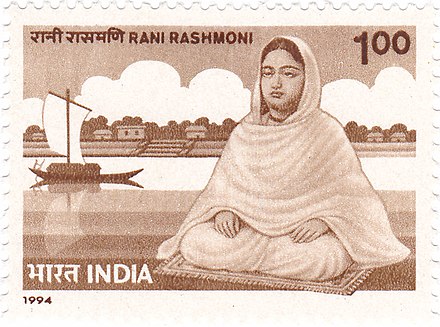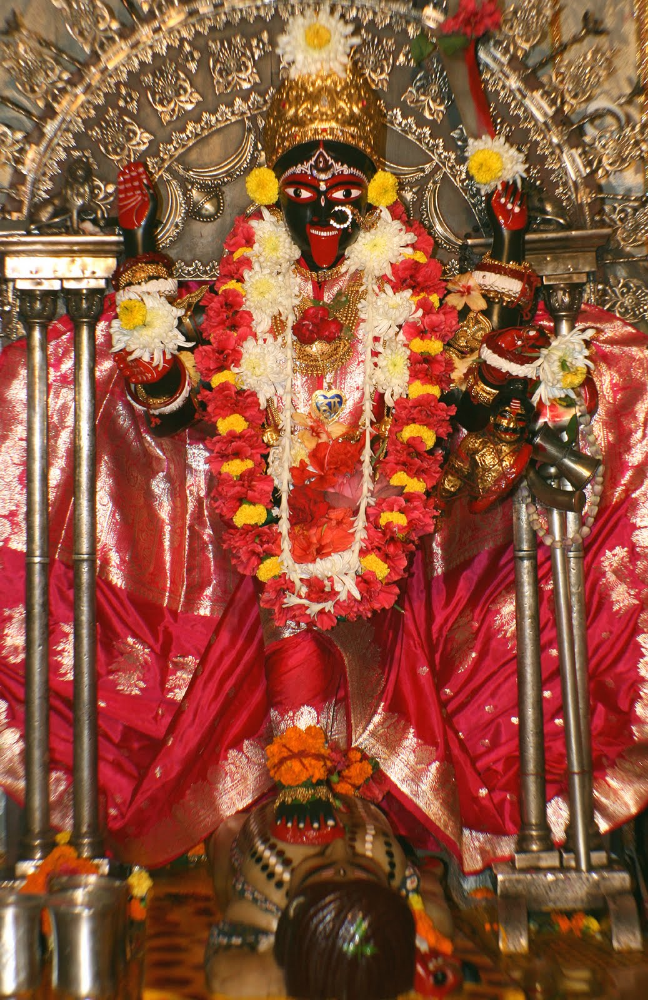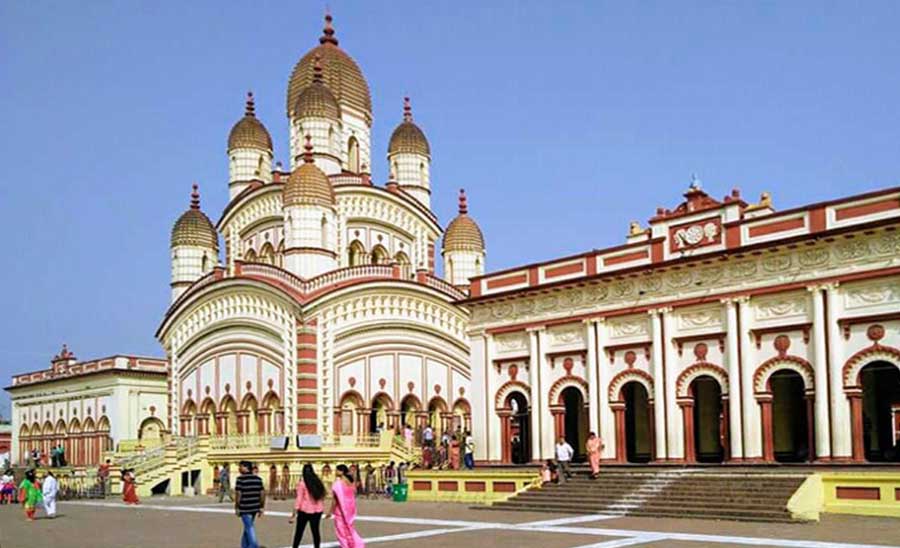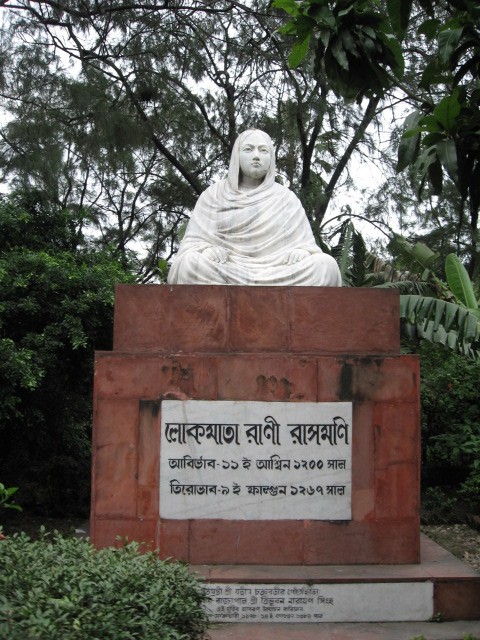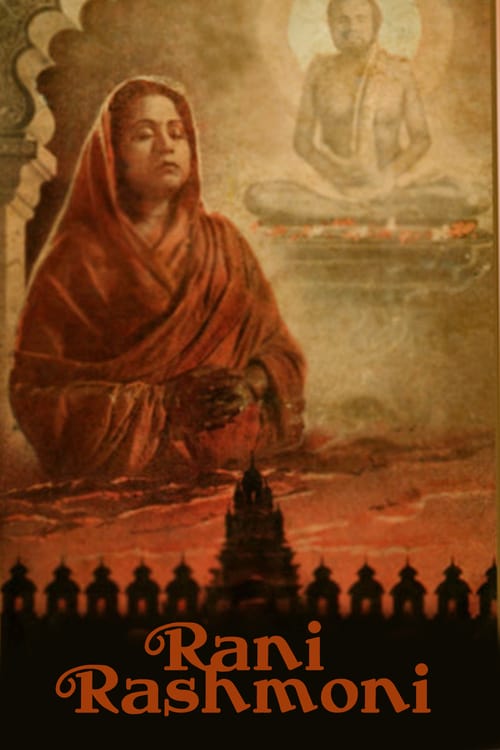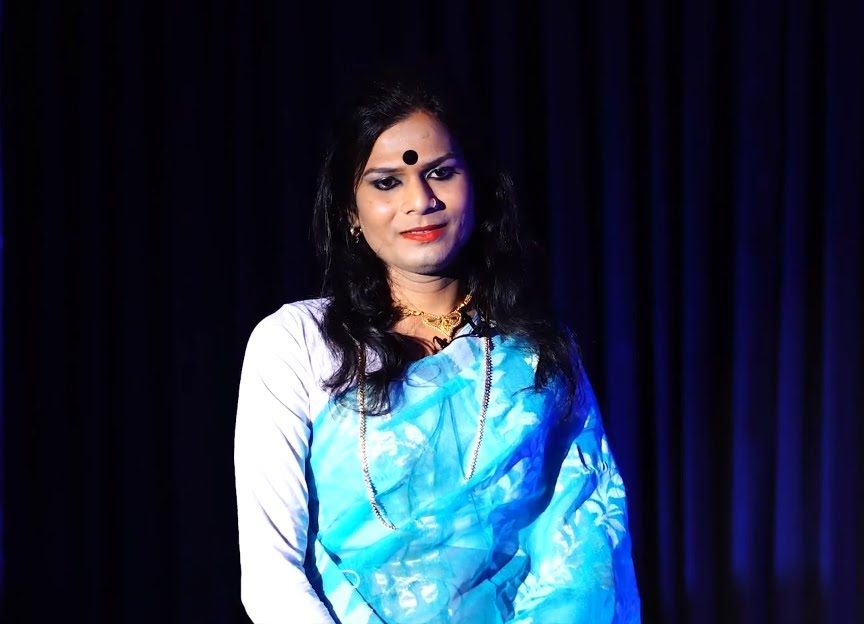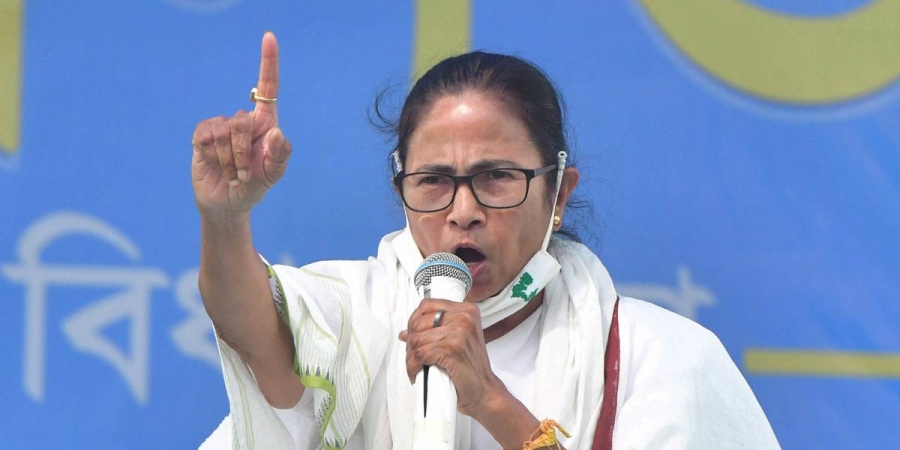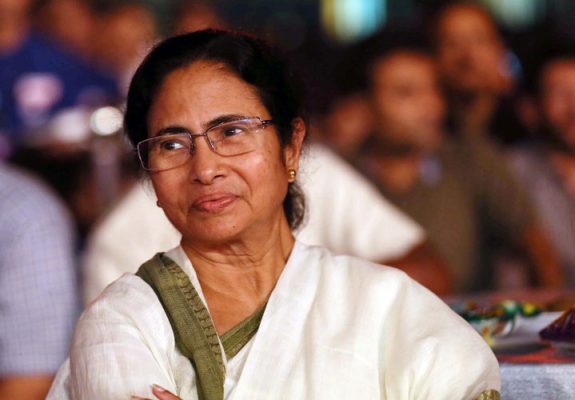The Womb team travelled to a beautiful village – Lamahatta, nestled in the hills near Darjeeling, West Bengal.
We spoke to Rasmani ji and her two talented daughters. In the pouring rains, in the hills, we speak of life in Lamahatta, women’s occupations here, and what’s the gender equation or power dynamics like?
Rinzhima, who is the eldest daughter, tells us about her experiences in Delhi, and shares the experience of his sister being eve-teased because of her north-east identity. She also shares her challenges as an entrepreneur in Delhi, where she has a make-up salon : Art and Artistry in Malviya Nagar. She confirms that women are indeed more powerful in the north-east, with an equal say in all affairs.
Jeena, the younger daughter is a singer. She plays with the local bands and on our request, sings for us a beautiful Nepali song.
These conversations, simple yet touching, is what our lives are made of. To find ourselves in a new culture but realise that as humans, and especially as women, our experiences speak to each other beyond borders of culture, religion and faiths.
Do watch and subscribe to our channel.


